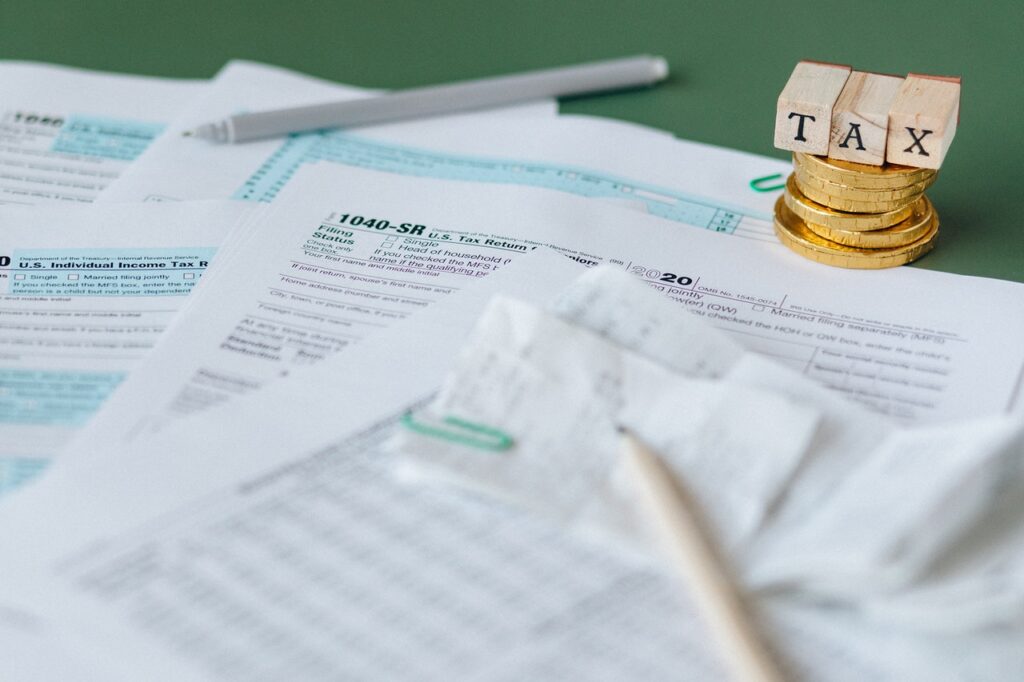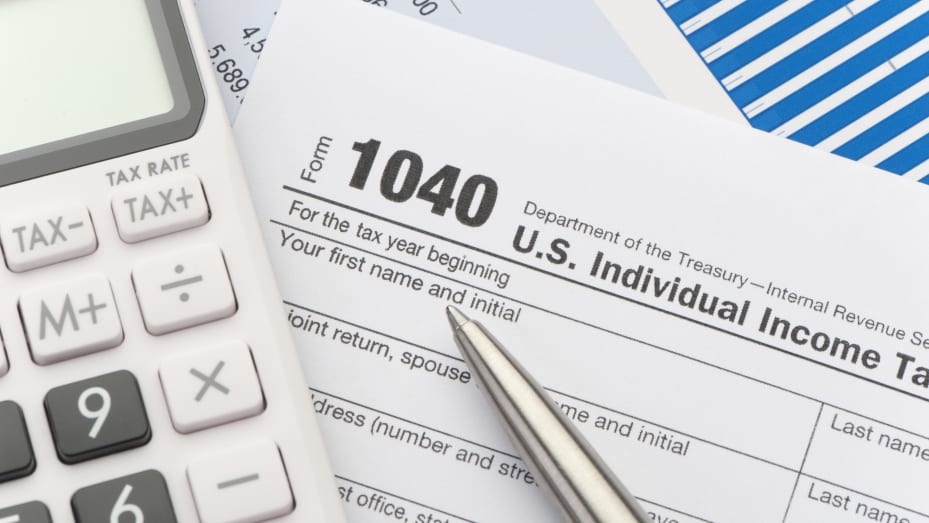One thing that concerns investors is taxes. While this is an inherent responsibility for profit-making ventures, there are certain types of investments in which tax matters remain unclear. Bitcoin, for instance, has caused confusion on whether or not its transactions are taxable. As such, the matter needs clarity, especially among those who just joined the industry.
With this, we will look into the rules and regulations in regards to tax payment for Bitcoins. It covers whether or not profits gained from trading and investments should be taxed and how they would be treated in terms of taxation. This also discusses BTC’s position with regard to other forms of currency that are widely used today.
What are the Rules on Taxation?

As mentioned, taxation is an indispensable liability of all income-generating individuals. Thus, any person who has made an investment in Bitcoins must pay taxes accordingly. Several countries have already provided clarity on what type of transactions involving cryptocurrencies are liable for taxation while others are still discussing them at present. For instance, Japan put forth its own set of rules which categorized Bitcoin as a means of payment. In the US, Bitcoins have been considered commodities whereas, in Canada, they are classified as assets.
In addition to these, there is also a proposal that suggests that all cryptocurrencies should be taxed regardless if they were used for payments or not. This would mean that investors who merely put their money on BTC have to pay taxes notwithstanding the purpose of their investment. Other countries apply this rule too—Singapore and The Philippines being two of them.
However, it’s important to note that people living in different countries follow different rules when it comes to the taxation of Bitcoins due to differences in legal systems and regulations imposed by each country, province/state/or territory governing. Thus, it’s pertinent to consult a taxation expert in your area with regard to this matter.
The United States Internal Revenue Service has prescribed guidelines over the tax measures governing cryptocurrency. In its 2014 notice, the agency stated that cryptos would be treated as an asset similar to properties. There is now an IRS form where taxpayers have to specify whether they had any cryptocurrency transactions during the given tax year.
As a general rule, assets are subject to various kinds of taxes depending on the type of transaction. However, since bitcoin has unique characteristics and uses, crypto transactions have several tax implications and exceptions.
Start your trading experience with a reliable, yet beginner-friendly platform such as bitcoin-trader.app. Your possible gains could justify the tax measures.
Are there Taxes on Bitcoins?
Since bitcoin is classified as an asset, it is, therefore, subject to taxes. Under the guidelines of the Internal Revenue Service, taxpayers are required to report their bitcoin transactions regardless of the value. Meaning, as a taxpayer, you are required to keep a record of all investing, buying, selling, or usage in the Bitcoin network. Incorrect reporting of the matter could result in penalties, interest, and even criminal prosecution. Thus, it would be wise to consult with a tax professional.
Most bitcoin brokers operate outside the US because of strict regulation. For instance, Coinbase is based in San Francisco but only serves US clients currently. Other exchanges operating on a global basis include Luno and BitPanda.
Bitcoin mining falls under the same guidelines as any other income. Miners are required to include any bitcoin they mine as part of their taxable income for that year. This is because the bitcoin network considers all bitcoins that were mined previously but has not been used yet as belonging to the miner who mined it (this does not apply if you spend the coins).
Bitcoin owners should be aware of capital gains taxes, dividends, and other types of tax implications before transacting with or selling their tokens. These rules vary between countries, so make sure you understand what your country’s laws say about digital currencies.
Taxable Types of Bitcoin Transactions

Every bitcoin transaction is treated differently for the purpose of taxation. It is crucial to know which types of crypto transactions are taxable for proper guidance and compliance. The following bitcoin transactions are subject to appropriate taxes.
- Sale of Bitcoins, purchased from someone to a third party
- Sale of Bitcoins, mined personally, to another party
- Using Bitcoin, bought from someone, to purchase goods and services
- Using mined Bitcoins to purchase goods or services
Are Bitcoin Miners Required to Pay Taxes?
If you are a crypto miner, you will have to pay appropriate taxes for the transaction. The market value of the coin is its designated cost at the time you mined it. The good thing is that you can avail yourself of business deductions for resources and equipment used in the mining process. However, those deductions will depend on whether you mined the bitcoins for individual or personal gain.
Bitcoin Gains Tax Rates
Each country has different tax rates on bitcoin transactions. The following are some of the common methods for taxation of mining and sale of mined bitcoins: Exchange Traded Products (ETPs) – Some countries allow investors to trade in bitcoins through ETPs that track prices for certain digital tokens or commodities. This usually happens on a home country exchange. For instance, in the US, bitcoin is traded through two ETPs called XBT and COIN. Taxation on Home Country Exchange – this applies when trading of digital tokens is done through an established country-based cryptocurrency exchange that is registered with the government. Tax exemption for sales of Bitcoin in regular transactions – this is granted when the owner sells Bitcoin to individuals or private parties. However, taxes will be applied depending on how much Bitcoin was sold.
Taxes on Donation, Gift, or Inheritance of Cryptos

Crypto donations are tax-deductible as they are treated like cash donations. The coin’s market value will depend on the market price at the given time. Donors, however, are not obliged to pay taxes on the price gain. On the other hand, giving cryptos above $15,000 as a gift and the recipient decides to sell the bitcoins, the cost basis is the same as that of the donor. While if you inherit cryptos, the rule is that they are treated like any other assets which are subject to the prescribed estate regulations.
Bitcoin investments can generate additional income or assets. Similarly, the state can benefit from cryptocurrency transactions through reasonable taxes. As you earn and spend cryptos, you are also helping the economy grow, as much as your taxes are concerned.
Track Your Crypto Transactions
When you join the crypto industry, which is highly speculative and volatile in nature, it is best to assess the risks and also the tax burdens you would likely shoulder. For this purpose, keeping track of all your transactions in the network and having your own record could set things straight. Remember that as an investor, it is your responsibility – a crucial one to avoid any penalty.
The Internal Revenue Service has general guidance for the taxpayers, particularly about the records that should be kept for tax reporting purposes. Reading this document is helpful for your proper guidance and compliance. Some data that you will be required to provide include pertinent details of crypto transactions, the time of receipt, sale, and exchange of such assets, and also the market value of the digital currencies involved.
Important Note:
If you have any tax concerns arising from bitcoin transactions, it would be best to clarify the matter with the Internal Revenue Service in your country. Taxes are matters with legal implications, so it’s better to be certain than pay penalties if some tax provisions are not followed accordingly.







